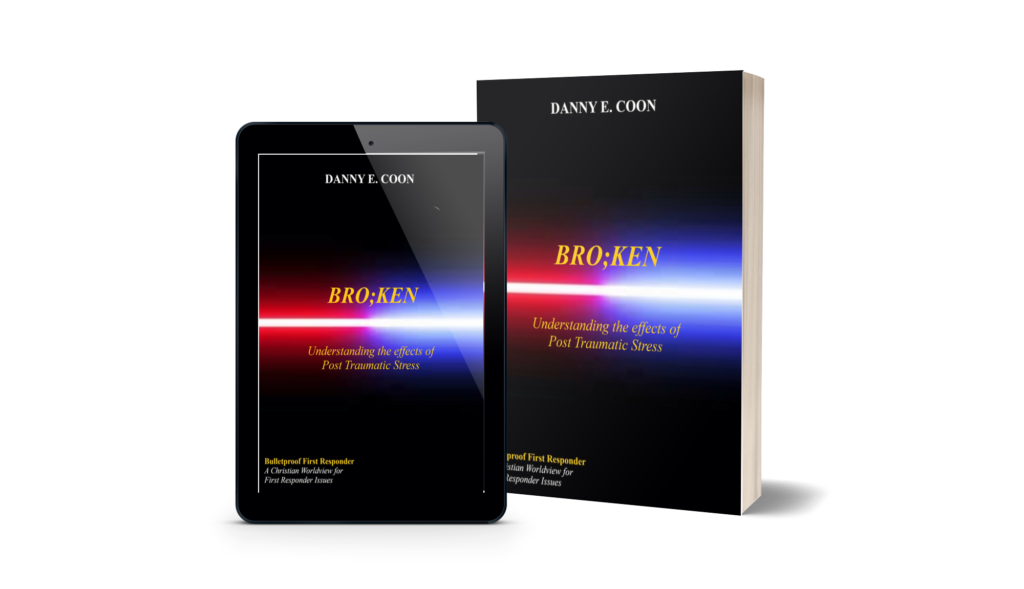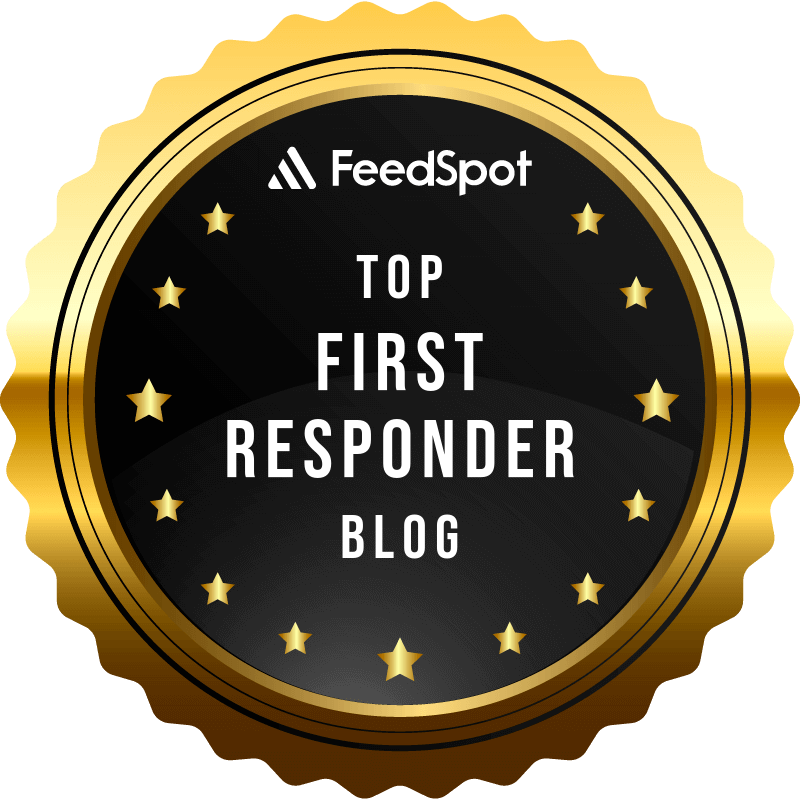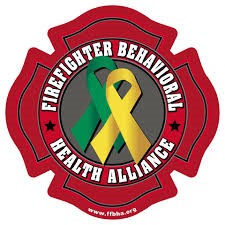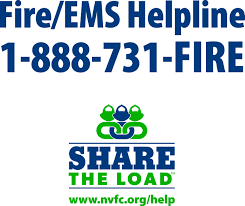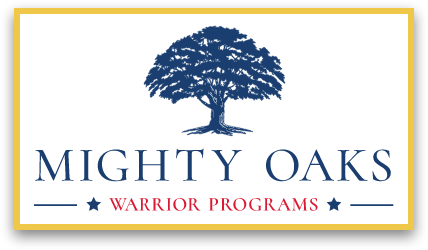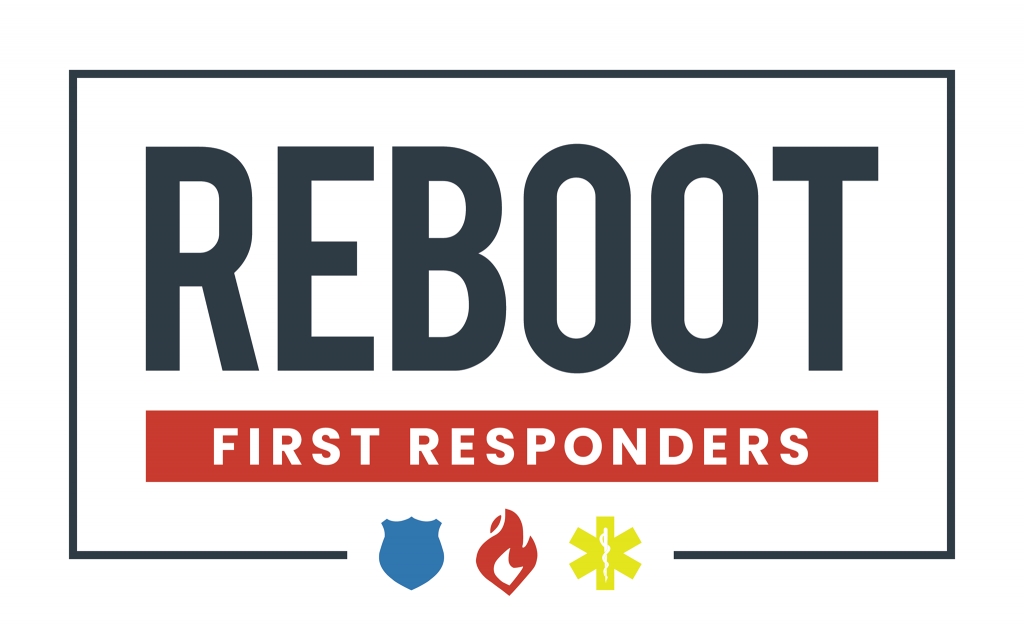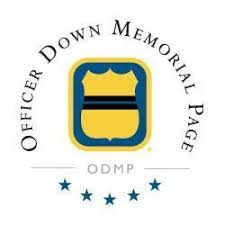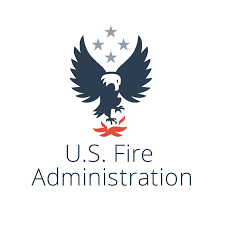
Stress Management
Finding the Light at the End of the Tunnel
I will strengthen you and help you; I will uphold you with My righteous right hand.
Isaiah 41:10
Law Enforcement Officers, Firefighters, Medics, and Dispatchers deal with high-stress levels in the First Responder community. We handle dangerous events daily, make split-second life-changing decisions, and see incomprehensible things. These daily events can easily cause stress and quickly affect your mental health.
There are hidden dangers out there that affect all First Responders. Post Traumatic Stress injury (PTSi) and Occupational Stress are known health risk factors for several psychological, behavioral, and physiological issues and disorders.
Studies show that the most stressful factors for first responders are exposure to dangerous or life-threatening events, violent incidents, administrative rules, lack of support, and irregular work hours. Also included are a lack of resources, additional pressure, poor communication, and work overload.
The American Psychiatric Association (APA) defines Post Traumatic Stress Disorder (injury) as a psychiatric disorder that may occur in people who have experienced or witnessed a traumatic event, series of events, or set of circumstances. An individual may experience this as emotionally or physically harmful or life-threatening and may affect mental, physical, social, and/or spiritual well-being.
The National Institute of Health (NHI) describes Organizational Stress as the level of environmental demand that can disrupt or enhance an individual’s physiological or psychological state and change the normal mode of functioning.
These stressors are the causes of burnout, anxiety, and depression, leading to various cancers, cardiovascular disease, mental health issues, obesity, and suicidal ideation.
Stress does not have to rule your life; developing constructive strategies for life’s challenges may help you prevent negative long-term consequences and improve your overall health.
“There is only one way to get well.
And it’s through a relationship with Jesus Christ”
Chad Robichaux – Mighty Oaks Warrior Programs
Healthy habits like controlled breathing can produce a calming effect, both physically and mentally. Meditation is another relaxing method that can help you feel less stressed. It provides you with time to think about and practice mindfulness. During this period, you can focus on your thoughts, relax your body, and appreciate the good things in your life. Talk to a friend or family member, for instance. You can also seek help from a chaplain, peer support group, or mental health professional.
After all traumatic events, a psychological debriefing should occur. Proper and constant job skill (perishable) training teaches your body how to react during a traumatic event.
First appearing in a publication in 1995, Post-Traumatic Growth (PTG) can be defined as; “life-changing psychological shifts in thinking and relating to the world that contributes to a personal process of change that is deeply meaningful.”
In their book “Facilitating Post-Traumatic Growth,” researchers Richard Tedeschi, Ph.D., and Lawrence Calhoun, Ph.D., wrote, “Post-traumatic growth is the positive change that the individual experiences as a result of the struggle with a traumatic event.”
Not to be confused with resilience, PTG happens when a person has difficulty bouncing back and ultimately finds a sense of personal growth.
According to some Christian studies, a person who experiences “Spiritual Changes” grows closer to God and begins to believe in God’s divine presence. Studies in the field of PTSi show that recovery and Post-Traumatic Growth are significantly aided by the spiritual element or faith. Moreover, spiritual people are more likely to grow after a traumatic event.
Trauma upends our fundamental ideas. However, post-traumatic growth can be accelerated by a Christian viewpoint.
While psychiatric counseling, antidepressant medications, and exposure-based therapies may help, proper treatment must have a solid foundation with Jesus Christ. Without scripture, the word of God, complete healing will not be fulfilled.
But by means of their suffering, he rescues those who suffer.
For he gets their attention through adversity.
Job 36:15
As First Responders, we swore to protect good and fight evil. Many have lost track of their priorities and have put the job first in their lives. If you are experiencing lower than usual sense of self-worth, depression or misplaced guilt, inability to specifically remember or talk about the trauma, feeling numb emotionally, dissociation (not aware of the present moment), a feeling of disconnection from your everyday lives, feeling hyper-aroused and vigilant for danger all the time, lashing out in irritability or unexplained anger, feeling jittery, or unable to concentrate on tasks at hand or other anxiety disorders, such as panic or intense distress, talk to someone and get help. Return to the basics: Put God First, Family Second, and the job further down in the order.
IF YOU HAVE THOUGHTS OF SUICIDE, GET HELP NOW
Law Enforcement COPLINE (800) 267-5463
Firefighters / Medics Fire/EMS HELPLINE (800) 731-FIRE (3473)
“The ultimate measure of a man is not where he stands in moments of comfort and convenience, but where he stands at times of challenge and controversy.”
Martin Luther King, Jr.

